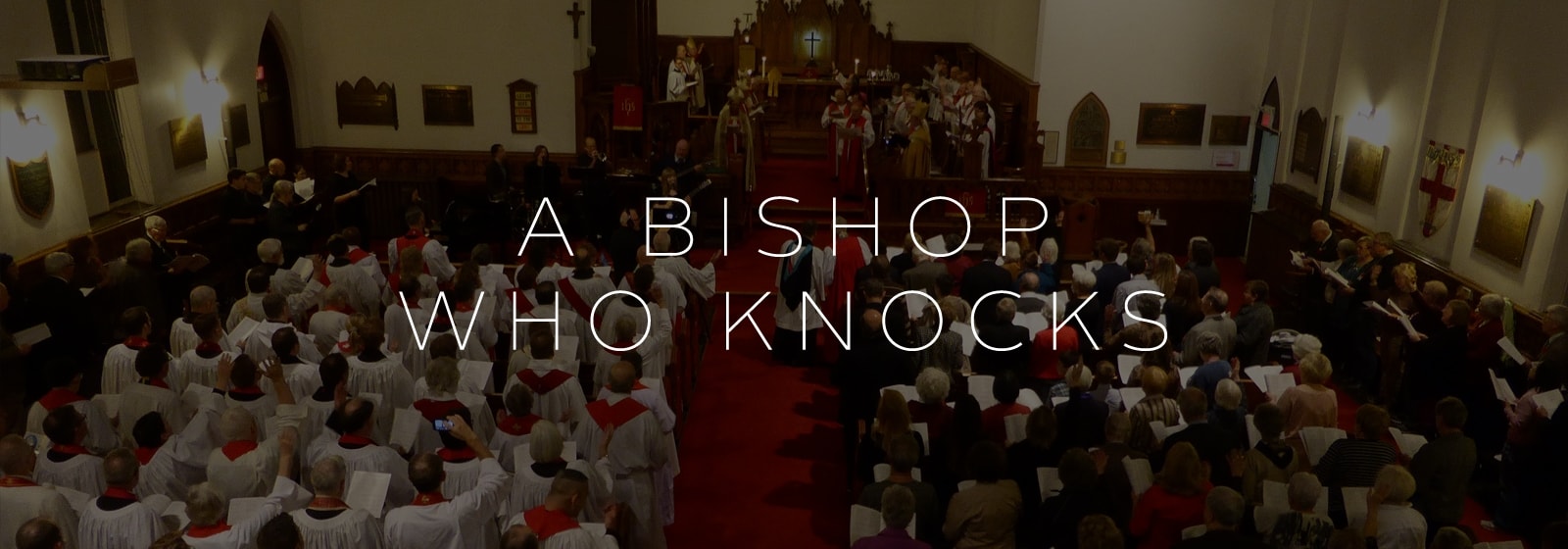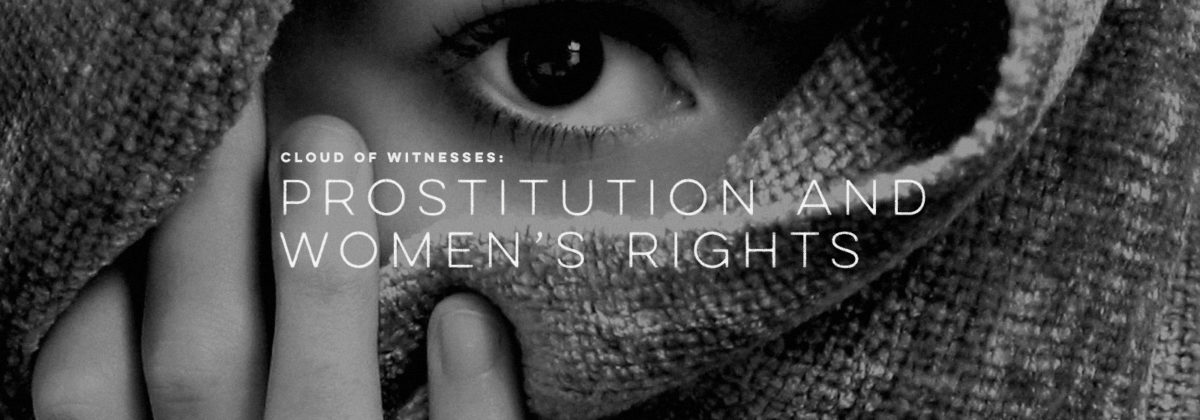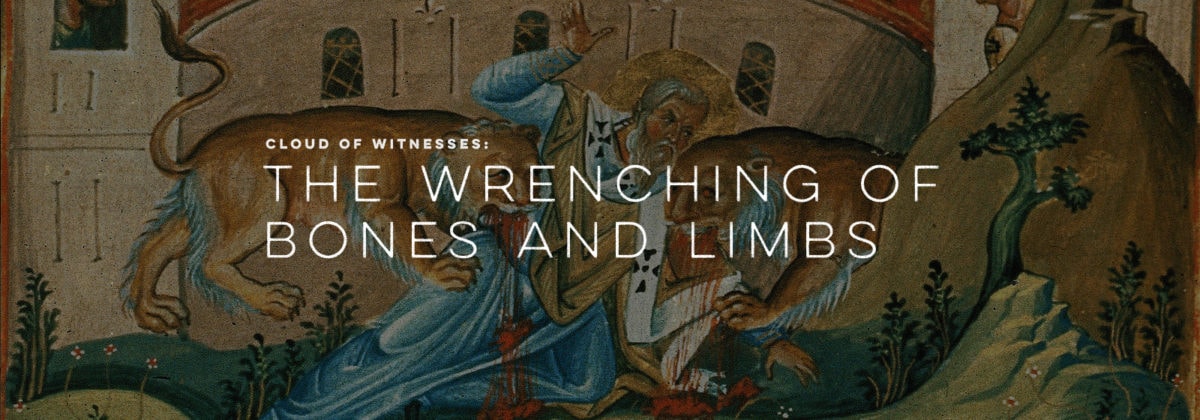Two weeks ago Alastair, Roger and I had the chance to travel to Ottawa for the Anglican Network in Canada (ANiC) Synod. If you’re new to this whole Anglican thing, Synod is basically the gathering of the national church — both ordained pastors and lay people. As someone who grew up in the Anglican tradition, I never had high hopes for what a synod could be. I always thought it was simply a boring series of meetings where minute points of theology and business were argued until everyone was exhausted and then went home. In other words, a needless reminder that the church is all too often bogged down with needless institutionalism.
However, my preconceptions could not be further from the truth. I have now had the chance to be a part of two ANiC synods. The first time was two years ago when I went as an observer while studying at Regent and doing my internship at St. John’s Vancouver. It was a great week and I am proud to say that it was a motivating factor for me in choosing to pursue ordination in ANiC. I wanted to be a part of a church that knew exactly what it was. It knew it had no money. It was unashamed of the gospel. And it knew its primary way forward was to be through church planting. I was excited.
I am happy to report that my second experience of Synod was no different. I have come home from the week feeling encouraged and blessed to be a part of a movement that is, if possible, even clearer in its focus on Jesus and on planting biblically faithful, gospel-centered churches. It was a great week of Bible teaching, discussion, worship and just plain old hanging out. There are so many things that I could share about the week, but I will limit myself to just one: the investiture of our new Diocesan Bishop, Charlie Masters.
First, let me answer the two questions that I know you’re asking: “What on earth is a Diocesan Bishop? And what is an investiture?” The Diocesan Bishop is the head over all the ANiC churches in Canada. I first had the opportunity to meet Charlie two years ago at Synod when he was elected to this position. He is a wonderful man — kind, gentle, pastoral, a solid Bible teacher and a gifted leader. His investiture was the service where he was installed as head of the ANiC churches in Canada.
What was so remarkable about the service was not the number of men in funny hats or flowing robes, but rather how the service began. After everyone had taken their place in the church, there was silence and there came a knock on the door of the church. The pastor of the church we were meeting in left his position at the front and walked straight back to the door to open it. The following is the dialogue that ensued:
Bishop Charlie: Jesus said, “Behold, I stand at the door and knock. If anyone hears my voice and opens the door, I will come in to him, and eat with him, and he with me.” (Revelation 3:20)
Pastor of the church: Who is this knocking on the door of the church?
Bishop Charlie: I am Charles Frederick Masters, a sinner saved by the grace of our Lord Jesus Christ; redeemed by the blood of the Lamb; baptized in the Holy Spirit; and fellow pilgrim at the foot of the cross; husband, father, son, brother; deacon, priest, bishop, servant of the Most High God.
Pastor of the church: Why are you here tonight?
Bishop Charlie: I have come to seek forgiveness and repent of my sins through the mercy of God. I have come to proclaim that Jesus the Messiah is the way, the truth and the life, and no one comes to the Father but through him. I have come to serve God and His Church following His Son who has called me here.
As I’m sure many of you aware, we are nearing the end of our sermon series, Cloud of Witnesses, in which we have been talking about faith: What is it? How is it different from belief? And what does it mean to put my faith in Jesus? Stuff like that. Two Sundays ago I preached on the story of Moses, looking specifically at power — the power of the world and the power of God — and how God’s power is most perfectly displayed in choosing powerlessness. In choosing the cross. To have faith in Jesus then, means to identify with him in this way too.
What I loved so much about Bishop Charlie’s investiture was what it said about the kind of leadership and authority that we as Christians are to exercise. It is not to be an authority that expresses itself in the wielding of power, of intimidation or arrogance. It is to be an authority rooted in the recognition that we are of all people most in need of forgiveness. It is to be an authority rooted in service. I am overjoyed to be a part of church where our bishops display this sort of leadership. Congratulations, Bishop Charlie!




